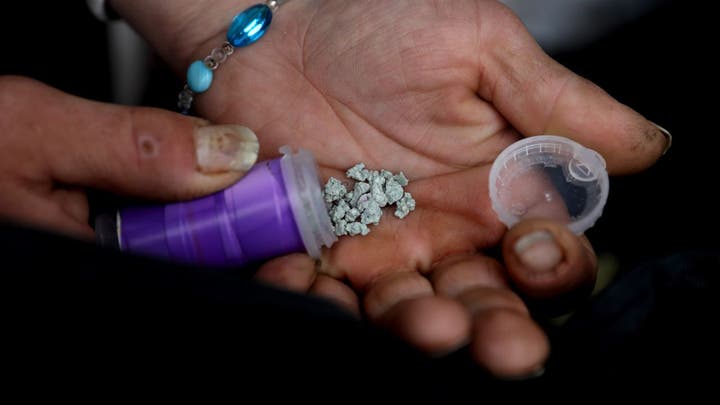Canada: B.C. Experiments with Decriminalizing Hard Drugs

The Facts
On Tuesday, the Canadian province of British Columbia (B.C.) began a three-year decriminalization experiment, allowing anyone over the age of 18 to carry up to 2.5 grams of illegal drugs.
The province was granted an exemption under the Controlled Drugs and Substances Act in May. Individuals possessing less than the limited amount of illegal substances, including opioids, cocaine, methamphetamine, and MDMA, for personal use will not be arrested, charged, or have their drugs seized.
The Spin
Progressive narrative
This experiment will make strides toward treating addiction as the health issue it is rather than solely as a criminal situation. Although there is a ways to go – such as creating a regulated and safe supply – this is a step in the right direction to reducing the stigma associated with drug use, and it could help save lives in the province.
Conservative narrative
As Canada's nanny state — which usually employs stigmatization as a tool to regulate the middle class — continues its anti-stigma drug paradox, the very people the government claims to be helping are the ones who will suffer. The policy normalizes drug addicts as nothing more than a population with an incurable health condition to be pitied rather than fixed, denying them agency over their lives and thus making rehabilitation inaccessible.
